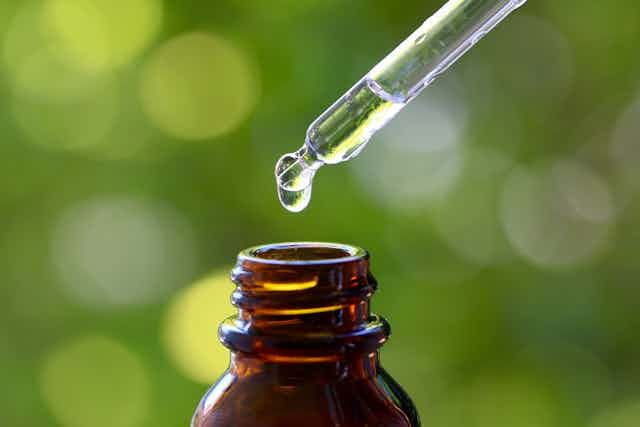Your Royal Highness,
Your recent speech in which you proposed using homeopathy to treat livestock as a solution to the overuse of antibiotics was most interesting. Given that you delivered this to a gathering of international scientists and government officials, you clearly see yourself as qualified to explain the virtues of homeopathy.
Therefore would you please oblige me by answering some questions that I have regarding this most controversial of alternative therapies.
First, let’s make sure I understand things correctly. Homeopathy is based on the idea that “like cures like”. So, you might suggest that caffeine plays a part in treating insomnia. But a blast of espresso is sure to keep you awake, so instead you get around this by diluting the coffee. This way, you claim, the beneficial effects are retained while the unpleasant side effects are removed.
I understand that this dilution process is very important when making homeopathic remedies. You might start with a solution of caffeine that’s about the same concentration as coffee. Then you perform a one in 100 dilution. The solution is shaken, often by hitting it against a leather bound surface – a process known as succussion. The result is known as a 1C solution. You perform another dilution, shake and so on, resulting in a 2C solution. This process continues, often 30 or more times. The net result is a solution that will not contain a single molecule of the original. In fact, it might be the equivalent of diluting the cup of coffee in a sphere of water the size of the solar system.
But now for the science bit…
So far, I hope we can agree. But it seems rather unlikely, to me, that this process might result in an effective remedy. Homeopaths argue that “water is capable of storing information relating to substances with which it has previously been in contact”. Or to put it another way, the water can remember what was diluted in it.
But there is no sound scientific evidence that water has any such memory storage capacity. Homeopaths often tell scientists that we should be more open minded and not to be so wedded to the dogma that we have been taught. So here I am, putting my education and experience in chemistry to one side for a moment.
Nevertheless, even without everything that chemistry might tell me, there still seem to be some logical holes in the thinking behind this therapy. Hence the following questions for you:
How come the water remembers the starting substance (for example, the caffeine) but not other impurities?
The gold standard for water purity (used by analytical chemists, but not homeopaths) is just ten parts impurity to one billion parts water. The concentration of these impurities is equivalent to a 4C solution. So in dilutions made beyond this point the impurities will outnumber the original substance. How then can the homeopathic solution know which molecules it is supposed to store information about?
Why was homeopathy so ineffectual at combating bacterial infections before the advent of antibiotics?
Homeopathy was around long before antibiotics were commonplace, so why did it so comprehensively fail to treat infections in the pre-antibiotic era?
How can you reconcile the success of modern chemistry and homeopathy?
Modern chemistry, on which our modern world is built, is dependent on the ability to reproduce the conditions for a chemical reaction anywhere and anytime. A chemist can develop a new antibiotic in a lab in Hull and someone else can repeat the procedure on the other side of the world. If, however, water retains a memory of what was previously in it, then the water will act like it is chock full of impurities. The results of any reaction carried out in the water would be completely unpredictable.
How is the power of a remedy transferred from water to a dry pill?
Homeopaths make pills by dropping a water remedy onto a sugar tablet and then drying it. How is the stored information (supposedly in the water) retained in the pill after the water has evaporated?
And finally … why do you insist on supporting homeopathy despite all the evidence that it doesn’t work?
Time and time again, large scale, robust studies have found no evidence that homeopathy is effective. Given the weight of evidence and the fact that homeopathy is incompatible with the science that brought us modern medicines, materials, agriculture and much more, why do you continue to support it?
I really am interested in the answers that you or other homeopaths might be able to provide.
Yours sincerely,
This open letter is based on one that first appeared on Chemistry-Blog

